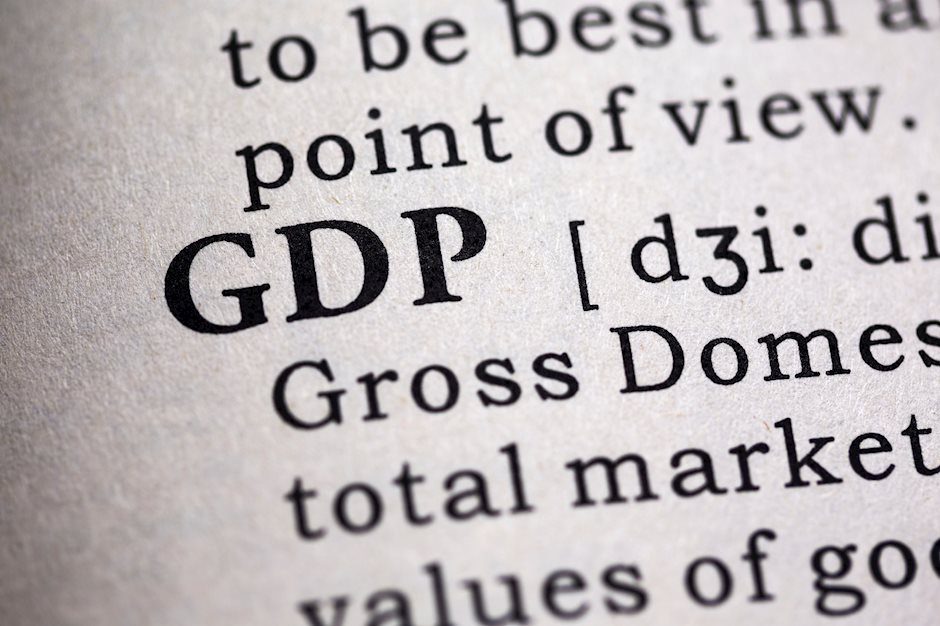Third estimate for euro area GDP is due to be released

Market movers today
-
Today, there will be an Ecofin meeting in Brussels and any comments on the political situation in Italy will be scrutinised Today, the third estimate for euro area GDP is due to be released. In this release, we gain information on how each GDP component has developed and we expect domestic demand to have served as the main growth driver in Q3
-
October German factory orders are also due to be released today.
-
In Sweden, the Riksbank’s Martin Flodén will give a speech (10:45) on the effects of the negative repo rate and how long they will last. In Norway, the most important release of the week is Norges Bank's regional network survey. We suggest tentatively that the aggregate output index edged down to 0.7 in November. See Scandi markets section on page 2.
Selected market news
Italy took the limelight yesterday, but any fears that the ‘no’ in the referendum would derail the relative positive global sentiment turned out to be wrong, despite it being bigger than most polls had indicated. Hence, for the third time this year, after Brexit and the US presidential election, the market was able to shake off a political event very quickly.
We initially saw a widening of the Italian 10Y bond spread against Germany of some 12bp but relatively quickly the spread tightened again and as the day was over, Italy had only widened 3bp against Germany and the spread is still some 20bp tighter than seen a week ago.
Today, we could see more support for the Italian bond market after, Prime Minister Matteo Renzi was asked by President Sergio Mattarella in the evening to stay in office until the budget has been approved by parliament, which could come as early as Friday. The acceptance by Renzi to stay in office gives the president better time to form a new temporary government. This should minimise further the political instability after the referendum. The relatively calm market reaction to the ‘no’ does not imply that all problems have vanished in Italy, as the political situation remains very uncertain. Attention will also remain focused on the troubled banking sector with Monti dei Paschi, which is in the middle of raising EUR5bn in new capital, in focus. However, from a market perspective, Italy is now less in the spotlight and attention now turns to the ECB meeting on Thursday.
The global FI sell-off continued yesterday after the calm reaction to the Italian referendum and as the US non-manufacturing PMI rose to 57.2, which is the fastest pace in more than a year. IN addition, Fed President Dudley said he favours a somewhat tighter monetary policy. The market is fully priced for a Fed hike next week and attention is now more on the guidance for 2017, and how the Fed is going to take account of the new US fiscal policy stance.
The better sentiment was also visible in the FX market, where over the past 24 hours, EUR/USD is up close to big figures, currently trading at 107.57. Overnight, the Reserve Bank of Australia kept the policy rate unchanged at 1.5% as expected, saying that a slower growth at year end is still expected, but noting that higher commodity prices are boosting national income.
Author

Arne Lohmann Rasmussen
Danske Bank A/S

















